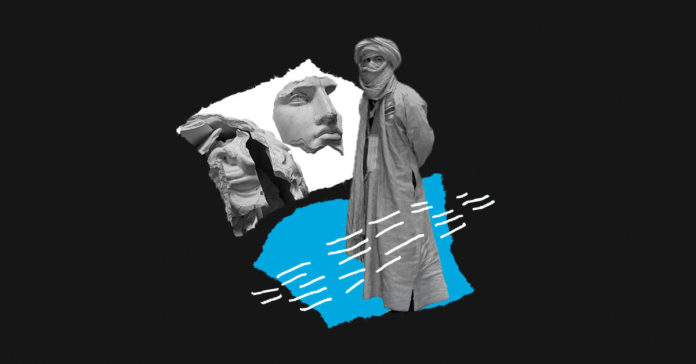The belief in one God, the Sovereign Lord of the universe, raised the heads of Muslims so high that now they could not be made to bow before anyone but the Almighty. Mirroring in their hearts, as they did, the glory of the Most Glorious, the glitter of worldly grandeur made no impression on them.
Abu Musa says that when he reached the court of the Negus along with other Muslim emigrants, he found that ‘Amr ibn al-‘As was sitting on the Emperor’s right. ‘Umarah on his left and the priests were forming a double row in the front. ‘Amr and ‘Umarah informed the Emperor that the Muslims would not kneel before him. But the priests insisted that they should do so, upon which Ja’far, may Allah be pleased with him, unhesitatingly said, “We, Muslims, kneel before God alone and before no one else.”[1]
Rab’ee ibn ‘Amir was once sent by Sa’d ibn Abi Waqqas, may Allah be pleased with him, as his envoy to Rustam, the Commander-in-Chief of Iran. Rustam received him in a grand hall which was filled with magnificent carpets. The Commander-in-Chief, wearing a crown and robes which sparkled with gems, sat on a throne. Rab’ee, in contrast, was very poorly attired. He was dressed in rags and carried a shield too small for his size. His horse was also of a small breed, on which he rode straight towards Rustam, the pony trampling the costly carpets under its hoofs. Approaching the throne, he dismounted, tied the reins of the horse to a bolster and started to walk up to Rustam, still wearing his helmet and arms. The officers of the court remonstrated against him, saying that he should at least take off his helmet before going into the presence of the Commander-in-Chief. But Rab’ee retorted, “I have come at your request and not of my own accord. I am willing to go back if you do not want me.” At this point, Rustam intervened and told his officers to let him come as he wished. Rab’ee then proceeded, leaning upon his lance, and piercing the carpets with it at each step. The people asked about the purpose of his visit. He said, “We have been sent by Allah to deliver whom He pleases from the overlordship of His slaves (i.e. men) to His own overlordship, and from the narrow confines of this world to the boundlessness of the next and from the oppressiveness of other religions to the fairness and justice of Islam.”[2]
[Islam and the World by Shaykh Abul Hasan Ali Nadwi, p.46-47]
Notes:
[1] In Katheer: al-Bidâyah wan-Nihayah, vol. 3.
[2] Ibid









